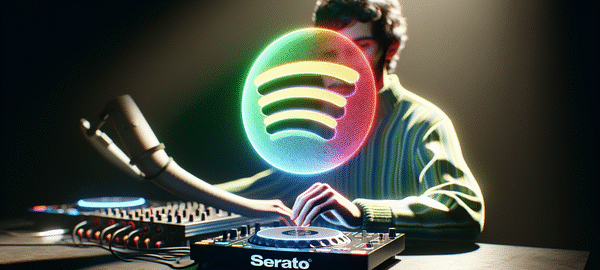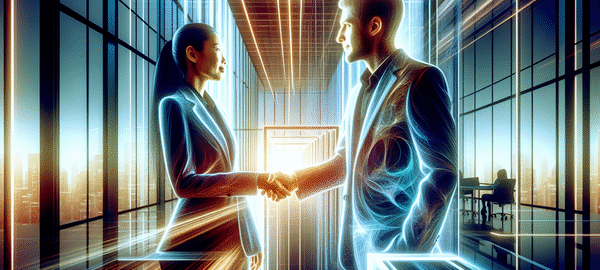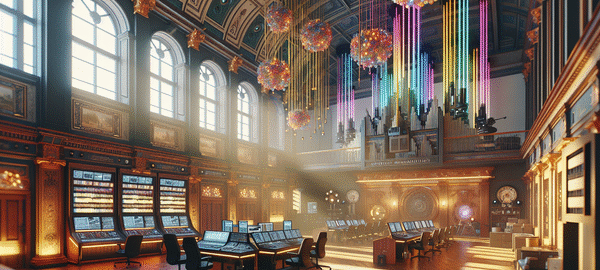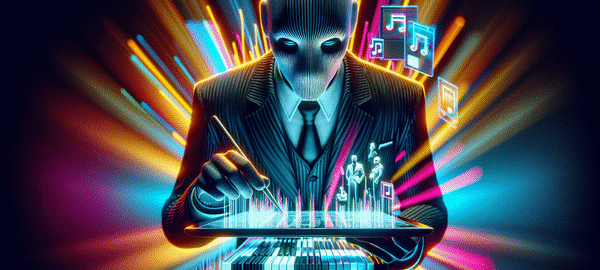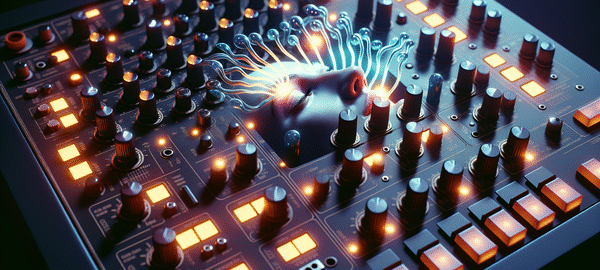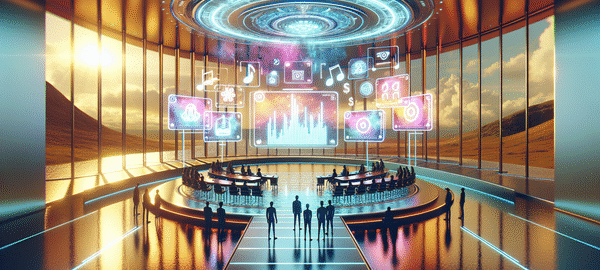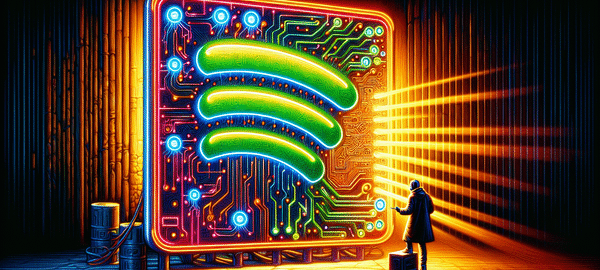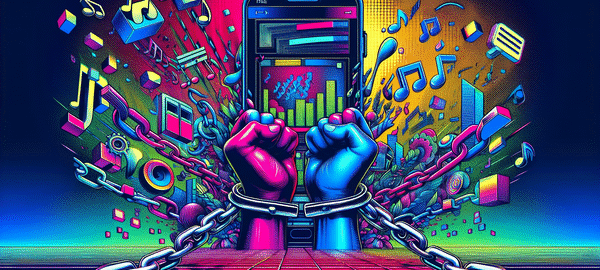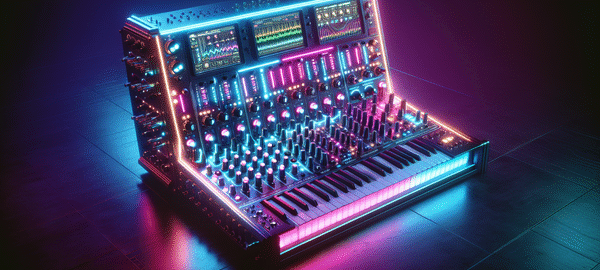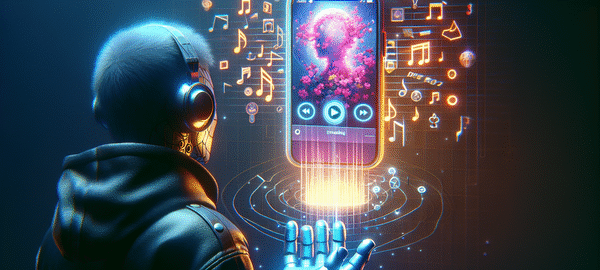DJs worldwide are celebrating as Spotify Premium transforms music mixing forever. In a groundbreaking move that’s sending ripples through the music industry, Spotify Premium has just elevated its game to unprecedented heights. Following their recent leadership reorganization, the streaming giant has unleashed a game-changing integration with Serato that’s revolutionizing how DJs mix music. As someone who’s spent countless nights juggling USB drives and external hard drives during performances, this news hits close to home. I remember a particularly chaotic gig in Barcelona where my hard drive crashed mid-set, forcing me to improvise with whatever tracks I had on my phone. This integration would have been a lifesaver! Serato and Spotify Premium Unite for Unprecedented DJ PowerThe music tech world is buzzing as Serato announces its groundbreaking integration with Spotify Premium. This collaboration allows DJs to access millions of tracks directly within Serato DJ Lite and Pro, revolutionizing how we approach music mixing.The integration spans both Serato’s free DJ Lite and premium Pro versions, requiring only a Spotify Premium subscription. DJs can now seamlessly browse Spotify’s entire music catalog, access their personal playlists, and mix tracks directly within the Serato interface. However, it’s worth noting that this feature comes with a ‘not for commercial use’ stipulation.To celebrate this milestone, Serato collaborated with Brooklyn-born DJ ForTunes, creating an inspiring short film shot across New York City. The artist’s testimonial perfectly captures the integration’s impact: “I’m on the go a lot—having Spotify integrated with Serato DJ just makes it easier to make sets and add music.” Transform Your DJ Journey TodayReady to revolutionize your DJ setup? This Spotify Premium and Serato integration marks a new era in digital DJing. Whether you’re a bedroom DJ or aspiring club performer, the possibilities are endless. What tracks will you mix first with this groundbreaking integration? Share your dream mashups in the comments below! Quick FAQ GuideQ: What do I need to use Spotify with Serato DJ?A: You need a Spotify Premium subscription and either Serato DJ Lite (free) or Serato DJ Pro (paid) software.Q: Can I use this integration for club performances?A: No, the integration is currently not licensed for commercial use, limiting it to personal and practice sessions.Q: How many songs can I access through this integration?A: You can access Spotify’s entire catalog of over 100 million tracks, including your personal playlists and liked songs.
